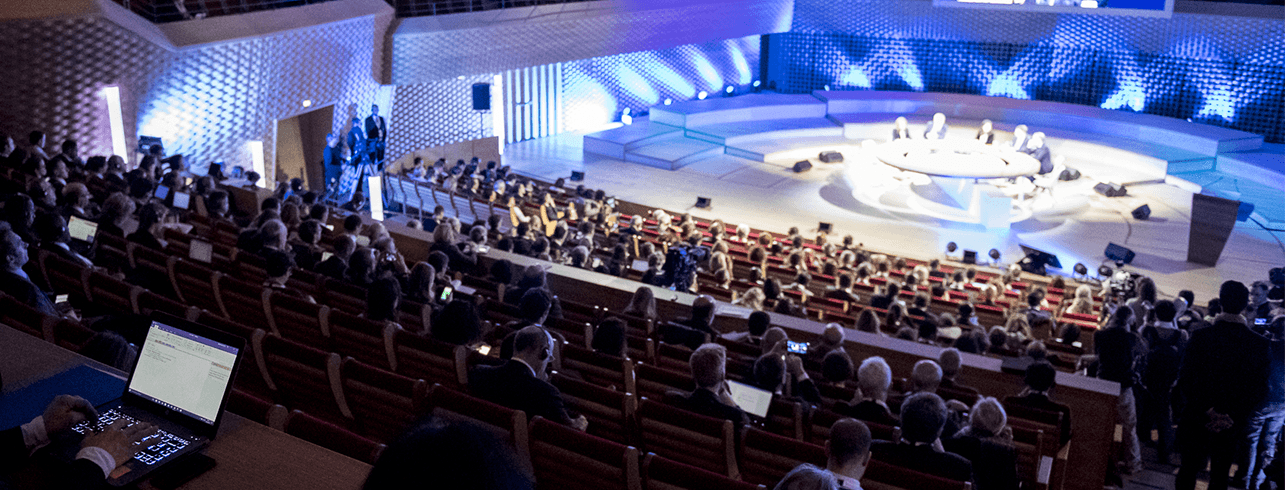
In 2014, coal produced over 40% of the world’s electricity. This situation has alarming consequences for atmospheric pollution and greenhouse gas emissions. The One Planet Summit participants made a commitment to support the transition towards renewable energy sources.
Announcements
-
UK- Canada launch of major new international initiative to accelerate shift away from coal.
-
The Powering Past Coal Alliance (PPCA) is a broad coalition of Governments, businesses all committed to cleaning their energy mix and ending the use of unabated coal power.
-
PPCA provides peer to peer support and outreach to countries looking to reduce their dependency on coal and improve health benefits of their citizens.
Accomplishments
- Expanded Alliance to 74 partners including 29 countries, 17 cities and states and 28 businesses.
- Created strong Partnership with Bloomberg New Energy Finance to help shift messaging and understanding of coal phase out
- Formed new strategic partnership with E3G to build foundations of alliance and accelerate outreach.
- Developed programme of major events over autumn – GCAS, UNGA, COP24.
Announcements
As part of commitment ‘Sectoral revolutions towards a low-carbon economy’, the EU is acting to:
- Support the regions in identifying models of economic devolopment less reliant on coal.
- Mitigate the social impacts of the low-carbon transition.
Accomplishments
- Launch of the Platform for Coal regions in transition. Two meetings have already been held in Brussels, with exchanges of information and best practices among interested regions.
- European Commission working with member states on a pilot which will lead to the adoption of action plans. This will include the identification of specific projects which will drive the transition.
Annoncements
- Provide a collective response to the deployment of solar energy’s main obstacles in terms of technology, regulation, finance and capacity, through:
- A global mobilization to shape the enabling environment for large-scale solar energy development.
- Mobilize US $1000bn needed to develop 1 terawatt of solar energy capacity by 2030.
- The preparation of bankable projects.
- The promotion of solar energy research and innovation.
Accomplishments
- First ISA Summit on March 11th 2018
- First initial project portfolio for solar applications (solar e-mobility; rooftop installations; Island and village solar mini-grids etc.)
- Conceptualization of a common risk guarantee mechanism by the WB and AFD
- Commitment of France (€1bn) and India ($1.4bn) to ease the access to low-cost finance for solar projects
- Creation of a network of 10 training centers and existing centers of excellence in ISA countries to promote solar energy
- Development of training programmes for all actors of the sector and technology transfer and innovation

